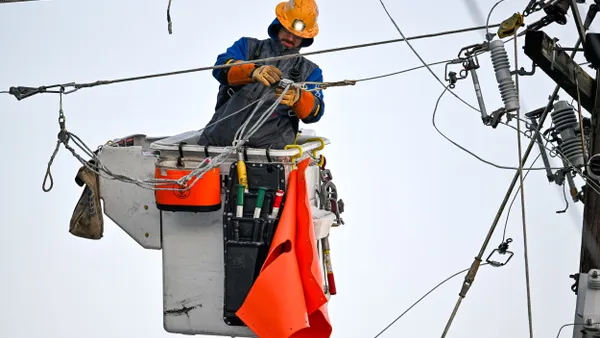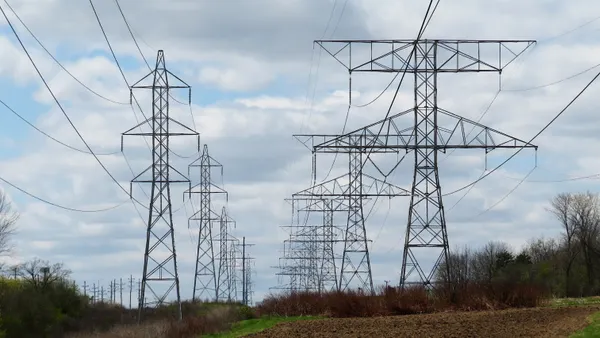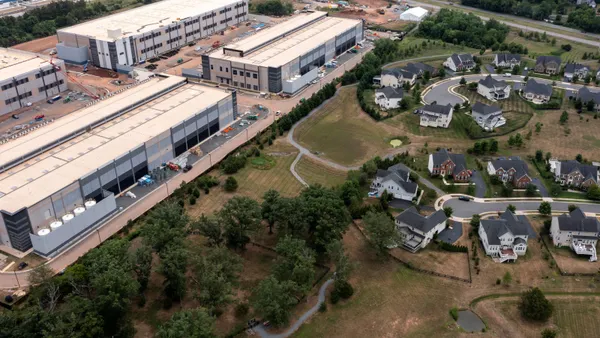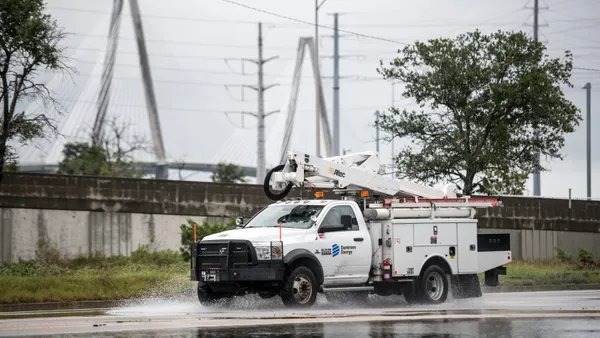Dive Brief:
- A Michigan Administrative Law Judge (ALJ) last week issued a recommended order that would approve a $328 million rate increase for DTE Energy, but would also eliminate a fee for rooftop solar users the utility had proposed.
- If the proposed order is approved by the Public Utilities Commission (PUC), it would reject the new fee and lower the rate paid to solar customers for excess electricity sent back to the grid by about a nickel per kilowatt-hour. Regulators often adopt ALJ proposals with few changes.
- Solar advocates are relieved the proposed decision does away with the access fee, but also say the arrangement is keeping value from customers. A Value of Solar (VOS) study would help address these issues, they say.
Dive Insight:
The ALJ's proposed decision is a mixed-bag for solar advocates. On the one hand, it eliminates the System Access Contribution (SAC) charge that could have added almost $150 annually to a solar customer's bill. On the other, rates paid for excess energy could see a significant cut.
"We're relieved the system access charge was rejected," said Becky Stanfield, Vote Solar's senior director for the Midwest states.
"We're as pleased as you can be with something that's still taking away value from customers," she told Utility Dive. "It's better than what DTE proposed, but it still falls short of what we think is fair."
Current solar customers are paid about $0.13/kWh for excess generation, but the proposal could drop that to less than $0.08/kWh, Stanfield said. The utility had proposed between $0.03/kWh and $0.04/kWh.
Stanfield said Vote Solar has been working for years to get Michigan to undertake a VOS analysis, or develop some process to recognize "all the different value stacks." The PUC could undertake that task, she said.
There will be a time for comments on the proposed decision, and that is one point where parties could advocate for a VOS analysis, said Stanfield. A decision is due in early May. Typically the commission has stayed pretty close to ALJ proposals, she said. But changes are possible.
Other significant portions of the proposed approval include $13 million for an electric vehicle charging program that would include customer education and rebates for smart Level 2 chargers for residential customers who enroll in year-round time-of-use rates and agree to enroll in future demand response programs.
In a statement, DTE said it was "thoroughly evaluating" the ALJ's recommendations and would be filing a response.













